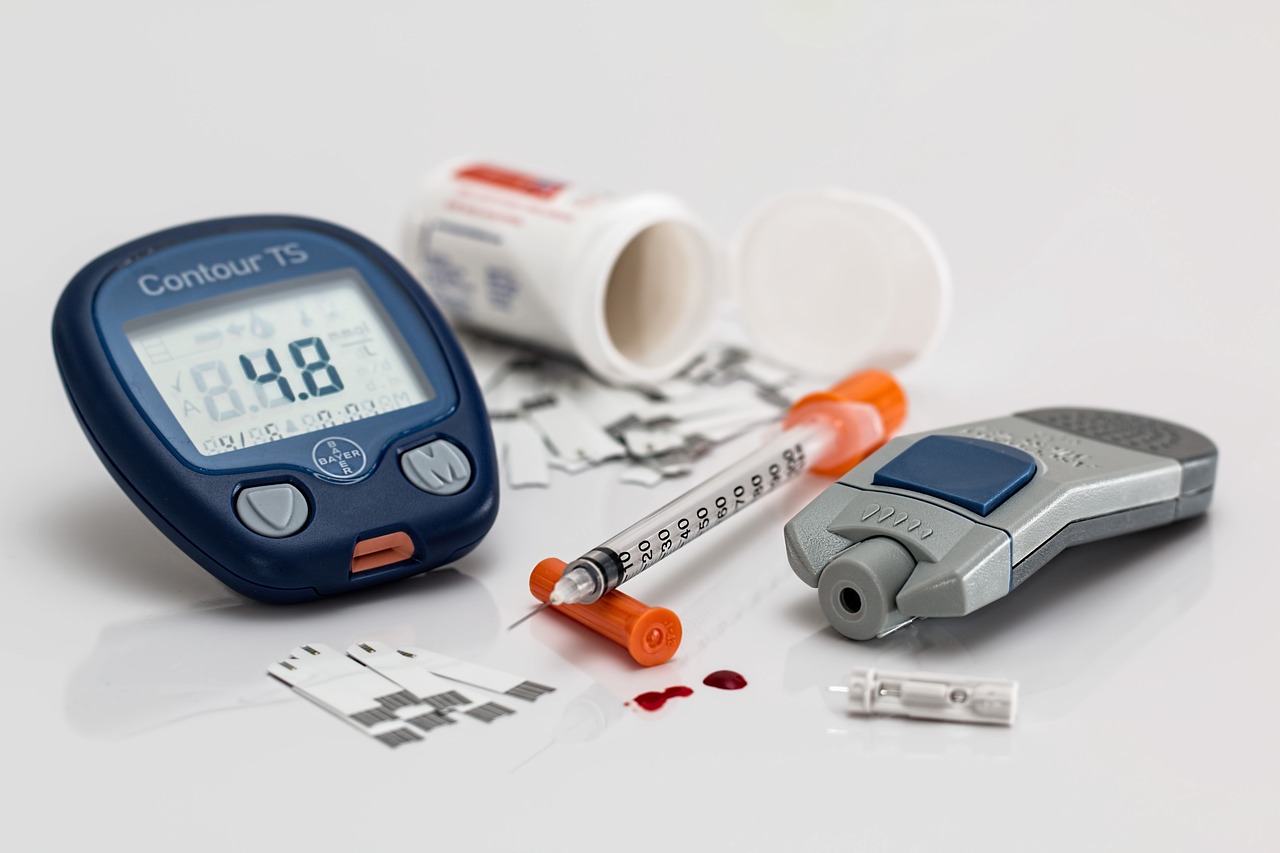
Diabetes is a chronic medical condition that affects millions of people worldwide. It’s a complex disorder that impacts how your body processes glucose (sugar), which is the primary source of energy. In this article, we will delve into the world of diabetes, exploring its types, causes, symptoms, management, and prevention.
What is Diabetes?
Diabetes is a metabolic disorder characterized by elevated levels of blood glucose (sugar). It occurs when the body either doesn’t produce enough insulin or can’t effectively use the insulin it produces.
Types of Diabetes
There are several types of diabetes, but the most common ones are:
- Type 1 Diabetes: This is an autoimmune condition where the immune system mistakenly attacks and destroys the insulin-producing cells in the pancreas. People with Type 1 diabetes need to take insulin daily.
- Type 2 Diabetes: This is the most prevalent form of diabetes, often associated with lifestyle factors like poor diet and lack of physical activity. In Type 2 diabetes, the body becomes resistant to insulin or doesn’t produce enough of it.
- Gestational Diabetes: This type occurs during pregnancy when the body can’t produce enough insulin to meet increased needs. It usually resolves after childbirth, but it can increase the risk of Type 2 diabetes later in life.
What Causes Diabetes?
Diabetes has various causes, depending on the type:
Type 1 Diabetes Causes
The exact cause of Type 1 diabetes is unknown, but it’s believed to involve genetic and environmental factors. It’s not linked to lifestyle choices.
Type 2 Diabetes Causes
Type 2 diabetes is often associated with:
- Obesity: Excess body fat, particularly around the abdomen, increases the risk.
- Poor Diet: High sugar and unhealthy fat consumption contribute.
- Physical Inactivity: A sedentary lifestyle can increase insulin resistance.
- Genetics: Family history can play a role.
- Age: Risk increases with age, especially after 45.
Gestational Diabetes Causes
The hormonal changes during pregnancy can lead to gestational diabetes, especially in women with risk factors such as obesity or a family history of diabetes.
Recognizing Diabetes Symptoms
Identifying diabetes early is crucial for effective management. Common symptoms include:
- Frequent Urination
- Excessive Thirst
- Unexplained Weight Loss
- Increased Hunger
- Fatigue
- Blurry Vision
- Slow Healing Wounds
- Tingling or Numbness in Extremities
Managing Diabetes
Diabetes management involves:
Medications
Insulin: Used in Type 1 and sometimes Type 2 diabetes.
- Oral Medications: Help lower blood sugar levels in Type 2 diabetes.
Lifestyle Changes
- Diet: Focus on balanced meals, portion control, and limiting sugar and unhealthy fats.
- Physical Activity: Regular exercise helps improve insulin sensitivity.
- Monitoring: Regular blood sugar checks.
- Stress Management: High stress can affect blood sugar levels.
Education and Support
- Diabetes Education: Learning about the condition is crucial.
- Support Groups: Joining support groups can provide emotional support and practical advice.
Diabetes Prevention
Type 2 diabetes, in particular, can often be prevented or delayed through lifestyle changes:
- Maintain a Healthy Weight: Achieving and maintaining a healthy weight reduces the risk.
- Healthy Eating: Adopt a balanced diet with plenty of vegetables, whole grains, and lean proteins.
- Regular Exercise: Aim for at least 150 minutes of moderate-intensity exercise per week.
- Limit Sugar and Processed Foods: Reducing sugar intake and processed food consumption is beneficial.
Conclusion
Diabetes is a widespread health condition that requires attention, care, and proactive management. Understanding the types, causes, symptoms, and preventive measures is essential for those affected by diabetes and for those looking to reduce their risk. With proper management and a healthy lifestyle, many individuals with diabetes can lead full and active lives.
For personalized guidance and treatment, consult a healthcare professional. Diabetes management is a journey, and with the right resources and support, it’s possible to thrive while effectively managing the condition.
